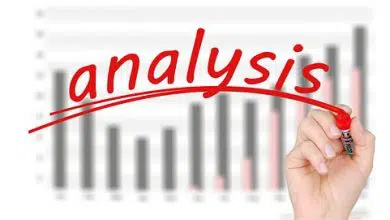The term supply denotes the quantity of a commodity offered for sale at different prices by the producers. “Extension” and “contraction” are two terms used for denoting the changes in supply. When the quantity offered for sale raises due to an increase in price, it is known as extension of supply. Extension and contraction of supply are shown along the same supply curve. Extension and contraction of supply is called movement along the supply curve.
Supply of a commodity extends or contracts due to the influence of the law of supply. This law states that more quantity of a commodity is supplied at higher prices and less quantity at lower prices. It denotes the direct relationship between the quantity supplied of a commodity and the corresponding price.
Increase and decrease in supply : The supply of a commodity will be determined not only by its price but by several other factors. The supply also changes due to the changes in these other factors.
Factors Determining The Supply Of A Commodity (Determinants of Supply) :
The following are the determinants of supply:
1. Cost of production: Supply is influenced by the cost of production. Supply will increase when cost of production is less and will decrease when cost of production is more.
2. Technology: If new techniques are adopted in production, more quantity of a commodity is produced.
3. Number of firms: Supply is directly influenced by the number of firms. If the number of firms is more, supply will be more.
4. Price of related goods: Supply of a commodity is also determined by the prices of related goods. Supply of a commodity will be less when the prices of related goods fall. Supply will be more when the prices of related goods rise.
5. Price expectations: When the sellers expect a further fall in price, they like to sell more quantity at the existing price. If they anticipate a further rise in price they like to reduce the supply. Hence, supply is influenced by the price expectations of the seller.
6. Taxation: Taxation is an important determinant of supply. If government imposes more taxes, sellers fear to sell more quantity of output. They would like to supply more quantity when taxes are low.
7. Political conditions : Supply of a commodity can be increased if there exists political peace in the country. Supply will be less during the times of a war and political disturbances.
8. Natural calamities: Natural calamities also influence supply of goods. In the case of agriculture, the supply of food-grains and other commercial crops will be less when natural calamities like cyclones, famines, floods etc. occur.
9. Communications : The nature of communications determine the supply of a commodity. When communication facilities are well developed, the producers decrease the supply of commodities.
10. Transport : The development of transport facilities leads to arise in supply. Producers find it easy and convenient to increase supply and distribute commodities throughout the market when transport amenities are provided.
11. Labor troubles: Labor troubles arising due to lockouts and strikes affect the supply of commodity. Supply will be greater when there exists harmonious relations between laborers and the management.
12. Government Policy: The policy of a government is another important determinant of supply. If government sets fair policies in favor of suppliers, they would like to supply more quantity.




